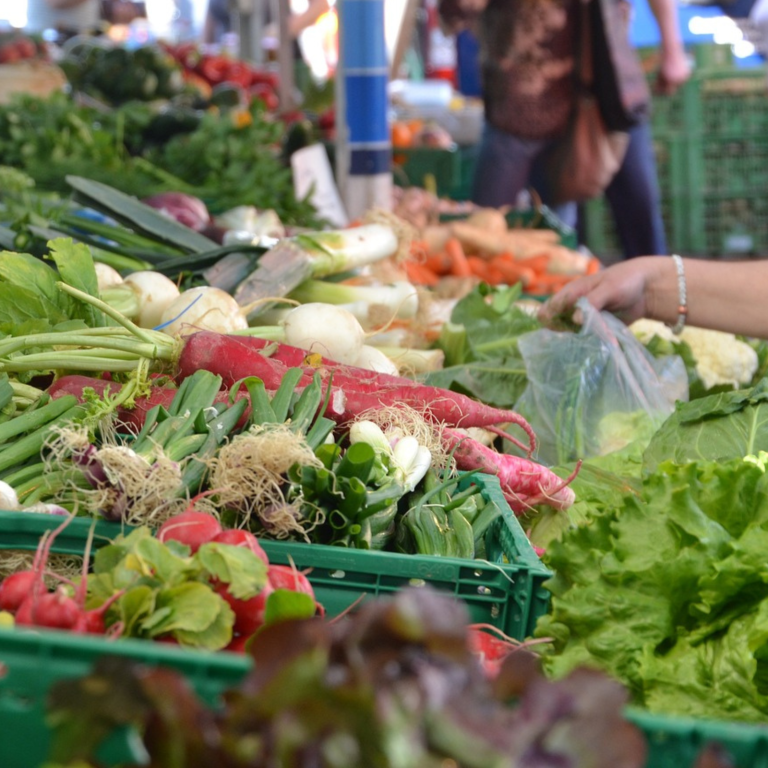
Led by iCRA and funded through the Orange Knowledge Programme, the Nuru-Nuffic project took iCRA’s proven Agribusiness Coaching (ABC) Curriculum and tailored it to strengthen Nuru’s agricultural programs. Although the COVID-19 pandemic presented significant challenges, the project adapted quickly, successfully training 19 Nuru staff members across Ethiopia, Kenya, and Nigeria. By embracing innovative digital learning approaches when traditional face-to-face training was no longer possible, the program continued to equip participants with essential skills.
Measurable impact on farmers and value chains
The impact of the Nuru-Nuffic project has been both significant and measurable. In Nigeria, for instance, the negotiation skills gained through the training enabled farmer associations to secure a 16% higher price for soybeans compared to market rates. Meanwhile, in Kenya, milk aggregation volumes surged, with one cooperative expanding from 2,368 to 6,846 liters per month—leading to monthly payouts of over $2,800 to farmers. At the same time, Ethiopian participants successfully mediated price negotiations between farmer unions and cooperatives, demonstrating a strong practical application of their newly acquired skills. Throughout the program, participants built their expertise in business relationships, negotiation, contract development, and practical marketing strategies. Rather than focusing solely on theoretical knowledge, the initiative emphasized real-world applications, incorporating country-specific support programs designed to address local needs.
Creating lasting change and sustainability
Perhaps most importantly, the project has created lasting change through its strong focus on sustainability. In Kenya, for example, farmer cooperatives have taken proactive steps by initiating savings programs as part of their exit strategy from Nuru support. Meanwhile, in Ethiopia, participants have established new agribusiness clusters that continue to thrive. As African agriculture continues to evolve, this project stands as a model for future capacity-building initiatives—demonstrating how well-designed training programs can drive sustainable improvements in agricultural value chains, even when faced with unprecedented challenges.
Timeline
2020-2021
Category
Agribusiness
Key theme(s)
Agricultural Capacity Building, Value Chain Development
Partners


